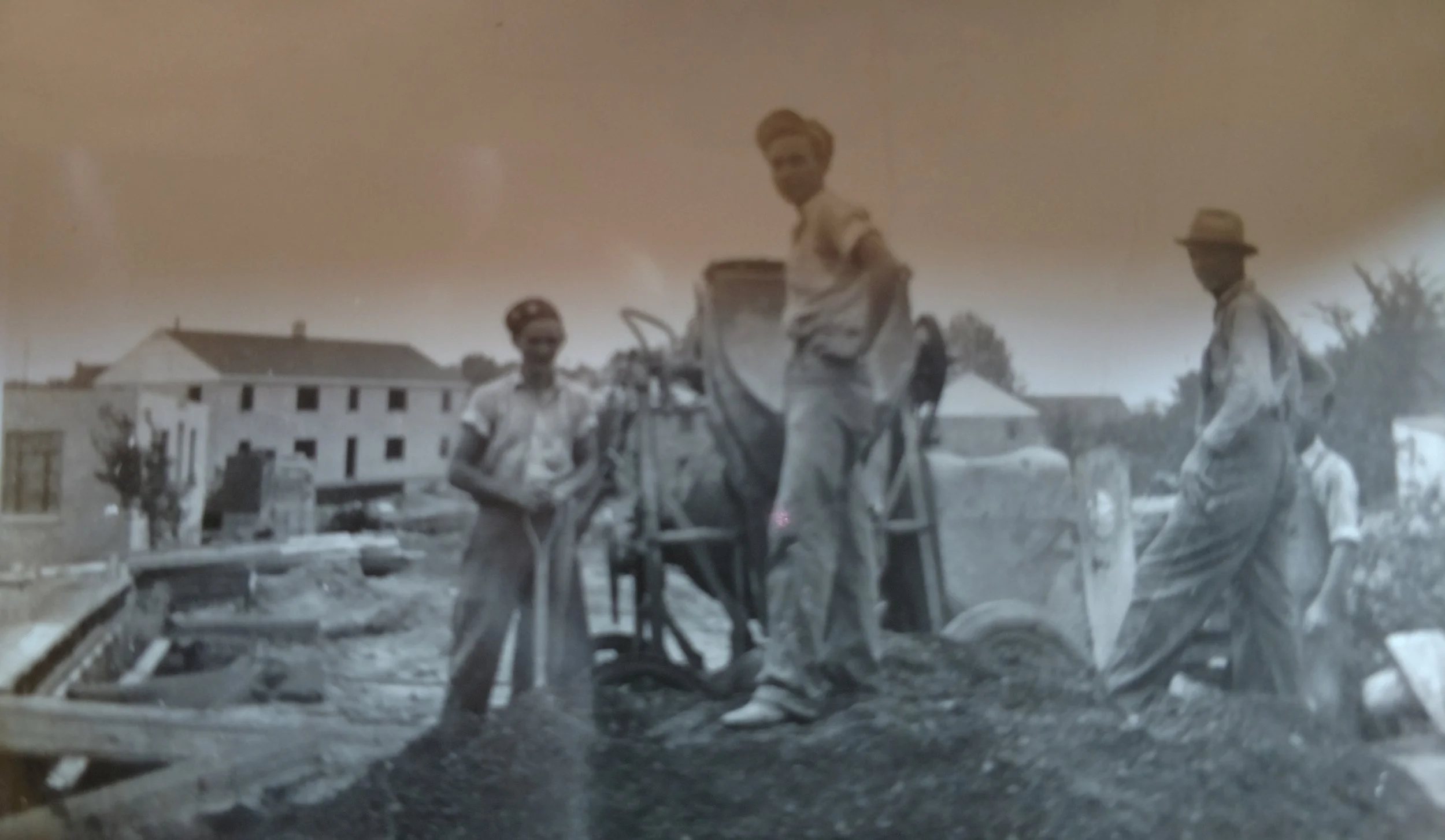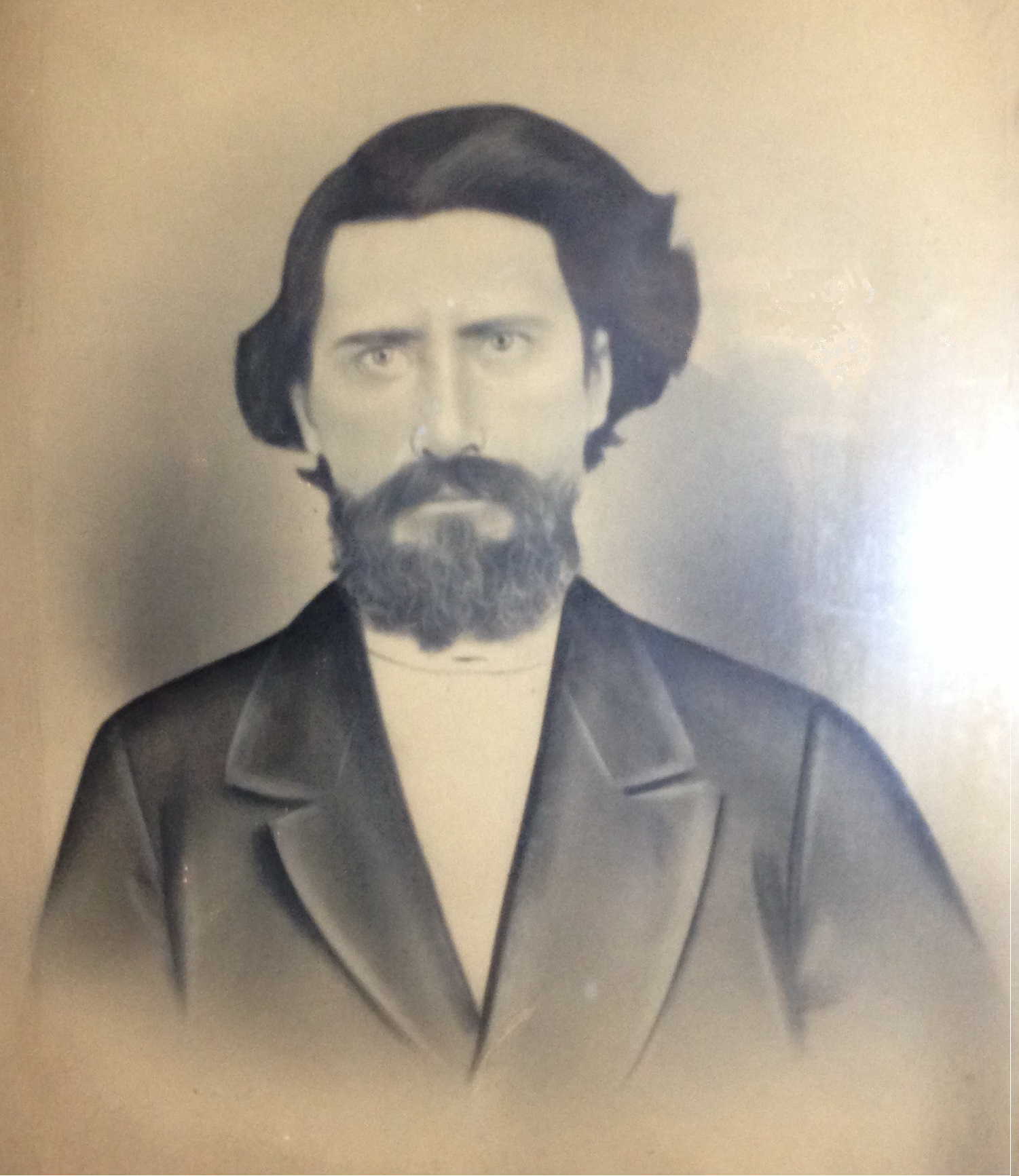Upper Cumberland “Jargon”
/In last week’s story I mentioned a local author, Carl R. Cooper, and his book Upper Cumberland “Jargon”. Some discussion made me think that I should share more about this book .
I guess to begin at the beginning…
According to the book’s forward by former Fentress County Mayor John B. Mullinix, the author is the 8th generation of his family living in the Upper Cumberland – that’s a lot of generations for a region that was the Wild West during the formative years of our country (I can personally only count 7 generations, and I can’t wait to hear from you readers how many you can count). Mr. Cooper’s early career was in broadcasting which one would fear would try to work-out the local vernacular. However, during his mother’s waning years he found himself along with his siblings staying with her and listening a little more closely to the things she had to say. He realized her command of Upper Cumberland English was something worthy of documentation.
Upper Cumberland “Jargon” lists “900 old words, sayings, phrases, and idioms that the people of the Upper Cumberlands use on a daily basis.” His self-avowed purpose is to preserve a language that with wider communication and exposure is blending into the larger American language.
Now you know that I’m really fascinated by regional dialects anyway. And like Mr. Cooper I long to preserve every aspect of our Plateau heritage. As I bump into terminology that people off the mountain cannot recognize, I will continue to share them among the stories. And as you’ve heard me say before, I often have trouble differentiating our dialect from the rest of the world – I guess it’s just so much a part of me that I assume everybody talks this a’way!
Here’s a sampling from Upper Cumberland ”Jargon”:
Court (To date)
Every jot and tittle (Every small detail)
Fair to middlin (fairly good / average)
Hind Catcher (Baseball catcher)
Is that not a regulation title? Who knew!
Libel (a good chance)
Lick and a promise (a hasty job)
Lights (Lungs)
This was a new one to me.
Light Bread (Loaf bread)
I think this one must have come about when commercial loaf bread became available. Before that, homemade bread would have almost always have been whole wheat because you couldn’t create bleached white flour at home.
Old as Methusalah (very old)
On the mend (Feeling better)
Pine Blank (Exactly)
Plunder (Odds and Ends)
Pone (A lump)
Rared up (rose up)
Racket (noise)
Smidgen (Small amount)
Start in on me (To fuss or confront)
Tick (A homemade mattress)
Time about (Take turns)
Under the mountain (And area of Fentress County that is not on the Cumberland Plateau, notably the northern and especially the western valleys of Fentress County)
Yourn (Yours)
My copy of the book had a quiz inserted with a grading scale. If you missed 6 you were “Country but you spent your summers in Muncie picking maters.” If you missed 12 you “courted someone from the ‘Country’”. Miss 14 and you “spent your vacation in this part of the country”. If you missed 18 “you know someone from the ‘Country’”.
Please leave a comment below and tell me how many of these words you knew – and be sure to say where you’re from!
UPDATE: If you're interested in getting a copy of Upper Cumberland "Jargon", it is available at Country Bargains located on the square in Jamestown, TN. Or, you can order a copy by emailing: ccooper@twlakes.net. The books are priced at $15 + $3 shipping.











